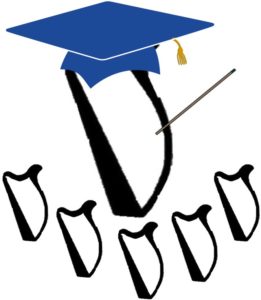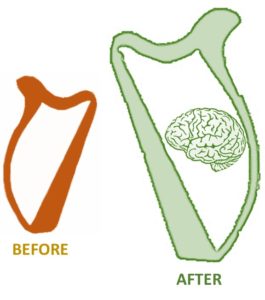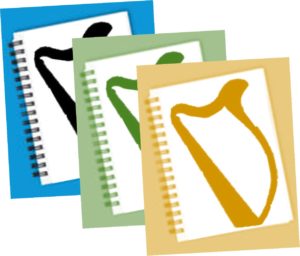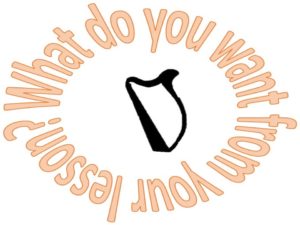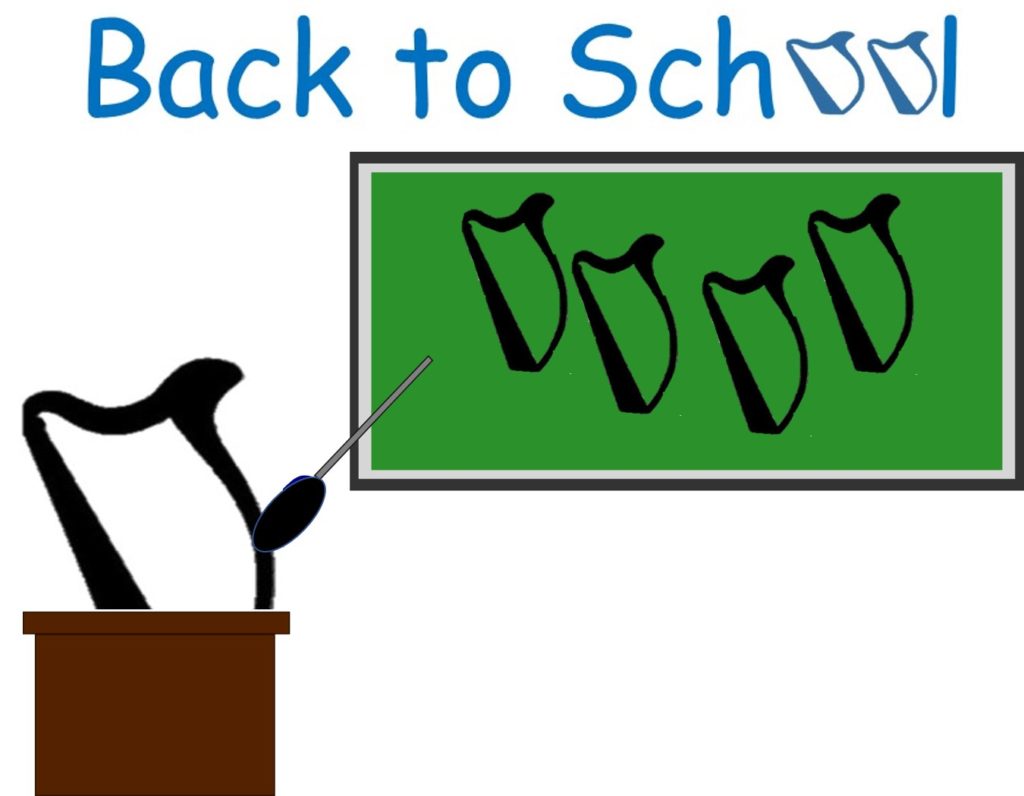There are teachers all over the world so selecting one can be a challenge.
Some are out of reach (they keep a very small studio or you’ve decided you wouldn’t be acceptable as a student). Some aren’t a good fit (they don’t teach what you want to learn). Some are just too far away.
So how do you select the best teacher for you? Look for these things:
- Approach – does their approach work with your way of learning?
- Level – do they teach at a good level for you? A little stretch is good but no support or a big stretch may not work for you.
- Time – be honest, do you have time for the lesson, the commute, and the expected practice?
- Cost – again, be honest. This is a recurring cost, so plan for it.
- Content – do they teach what you want to learn? If you are set on playing something specific (Folk? Orchestral? South American?) say so up front and work with someone who can help you get there.
- Personality – again, be honest. You have to enjoy the teacher enough to spend the time. Don’t work with someone you don’t like. This is a biggie. Don’t take it personally – they won’t! If it’s not a good fit, ask for suggestions for a better fit!
Teachers teach because they genuinely enjoy seeing their students develop, grow and eventually outgrow them – take them up on it!
